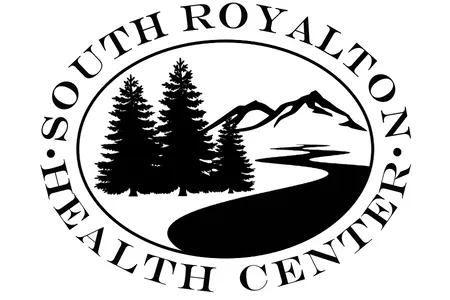A pulled elbow (also known as nursemaid’s elbow) is a common, painful injury generally among children under four years old but occasionally older. It occurs when the outer part of the elbow becomes dislocated or slips out of its joint.
Read More
-
Nursemaid's Elbow
Category: safety_and_prevention
-
Pets, Babies, and Young Children
Category: safety_and_prevention
Pets are found in millions of American homes. If you don't already own a pet, at some point your child may ask for one. If you already own a pet, your child may want another one. So how do you decide?
Read More -
Playground Safety
Category: safety_and_prevention
Each year, about 200,000 children get hurt on playground equipment with injuries serious enough to need treatment in the emergency department. About 15 children die each year from playground injuries. While many of these injuries happen on home equipment, most occur at school and public playgrounds.
Read More -
Pool Safety for Children
Category: safety_and_prevention
A swimming pool can be very dangerous for children. If possible, do not put a swimming pool in your yard until your children are older than 5 years. Help protect your children from drowning by doing the following:
Read More -
Prescription Medicines and Your Child
Category: safety_and_prevention
Many parents have questions about their children's prescription medicines. Labels can be hard to read and understand. But it's important to give medicines the right way for your child's health and safety.
Read More -
Protect Your Child From Poison
Category: newborns_infants_and_toddlers
Children can get very sick if they come in contact with medicines, household products, pesticides, chemicals, or cosmetics. This can happen at any age and can cause serious reactions. However, most children who come in contact with these things are not permanently hurt if they are treated right away.
Read More -
Protect Your Child…Prevent Poisoning
Category: newborns_infants_and_toddlers
Young children may put anything in their mouths. This is part of learning. Many household products can be poisonous if swallowed, if in contact with the skin or eyes, or if inhaled.
Read More -
Protect Your Home Against Fire…Planning Saves Lives
Category: safety_and_prevention
Tips and ideas for fire protection.
Read More -
Pulling the Plug on TV Violence
Category: safety_and_prevention
TV violence needs to be taken seriously. TV violence can, and does, lead to real-life violence. You can reduce your child's exposure to TV violence.
Read More -
Raw Milk: What You Need to Know
Category: safety_and_prevention
Raw milk is milk that comes straight from a cow, sheep, or goat. Raw milk is not pasteurized (heated to kill germs) or homogenized (processed to keep the cream from separating from the milk).
Read More -
Safe Bicycling Starts Early
Category: safety_and_prevention
When a child receives his or her first tricycle or bicycle, a lifelong pattern of vehicle operation is begun. A bike is not just a toy, but a vehicle that is a speedy means of transportation, subject to the same laws as motor vehicles.
Read More -
Safe Sleep and Your Baby: How Parents Can Reduce the Risk of SIDS and Suffocation
Category: newborns_infants_and_toddlers
Many infants die during sleep from unsafe sleep environments. Some of these deaths are from entrapment, suffocation, and strangulation. Some infants die from sudden infant death syndrome (SIDS). However, there are ways for parents to keep their sleeping baby safe.
Read More -
Safety of Blood Transfusions
Category: newborns_infants_and_toddlers
Because of illness or injury, some children need to receive transfusions of blood and blood products. This procedure may be frightening for parents and their children. Many parents are also concerned about the safety of transfusions. While blood supply in the United States is considered very safe, parents
Read More -
Smoking and E-cigarettes: What Parents Need to Know About the Risks of Tobacco Use
Category: safety_and_prevention
Many people think that the only people harmed by tobacco use are smokers who have smoked for a long time. The fact is that tobacco use can be harmful to everyone. This includes unborn babies and people who don’t smoke.
Read More -
Smoking and E-cigarettes: What Parents Need to Know About the Risks of Tobacco Use
Category: safety_and_prevention
Did you know that about 80% of teens in the United States don't smoke? They've made a healthy choice.
Read More -
Talking With Your Teen About Sex
Category: safety_and_prevention
Children are exposed to sexual messages every day—on TV, on the Internet, in movies, in magazines, and in music. Sex in the media is so common that you might think that teens today already know all they need to about sex. They may even claim to know it all, so sex is something you just don't talk about.
Read More
